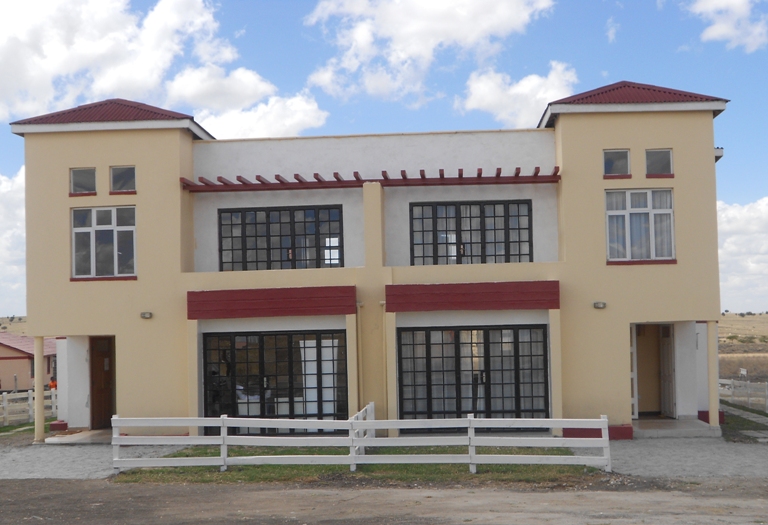There was a marked and general recovery in the residential property sector in the fourth quarter of 2018, Hass Consult revealed on Thursday as it unveiled the results of its sales and rental price indices for the 12 months to December last year.
“We saw an industry wide recovery in the final months of 2018, with rents rising, sales prices rising, and industry activity picking up generally, after the marked declines of 2017 and early 2018,” said Sakina Hassanali, Head of Development, Consulting and Research at Hass Consult.
The strongest recovery came in apartment rental prices, which have suffered almost a decade of lack-lustre growth, driven by intensive building throughout Nairobi and its suburbs.
“The somewhat slower pace of apartment building in the last two years has finally seen demand catching up with the available space, lifting occupancy and driving apartment rents upwards sharply by November and December 2018,” said Sakina.
Overall, apartment rental prices rose by 15.9%, which was the most marked rise since mid-2009.
“As the leading asset class within real estate for private landlords, apartments have been among the most volatile for pricing, but the falls in apartment rental prices throughout 2017 gave way to stabilising prices from January 2018, and a surge in rents by the final quarter of the year.
Rentals prices for semi-detached houses also bounced back in 2018, rising by 12.6%, in their strongest uptick since 2016. But rental prices for detached houses continued to suffer from weak demand, shifting up just 3.7% in 2018, to regain their previous peak of early 2017 by year end.
“Detached house rentals continue to be the segment of the market most influenced by the shifts in the global economy, filling as the relatively temporary accommodation of highly paid, but transient professionals,” said Sakina.
“Thus, while the fundamentals of economic growth began to play through in all other segments of the property market late last year, against the backdrop of slower building, detached house rental prices continued to be affected by subdued global demand and the contraction in global grant-based activities.”
This was a shift that played out in property pricing trends across Nairobi, with the strongest sales price rises in the fourth quarter reported in areas such as Karen and the Nyari Estate, where prices rose by 5.8%t in the 12 weeks from October to December last year.
However, rental prices in Karen and Nyari fell by 0.5 and 0.6% over the same three months of last year.
Across all areas, sales price growth of 9.0% for detached houses and 9.7% for semi-detached houses similarly reflected the strengthening demand for upmarket properties. But apartment sales prices remained relatively stagnant, achieving growth of just 2.9% in 2018.
“The Kenyan buying of larger homes is now picking up, while the underlying growth in middle class and working class rentals is also growing,” said Sakina.
“But we see two spots of the market that remain subdued. Apartment purchasing remains slow on weak mortgage and home loan support for first-time buyers and some landlord aversion following lower rental yields in recent years.
READ: UN AGENCY REAFFIRMS PLAN TO BUILD 100,000 AFFORDABLE HOUSES
“Apartments that are unusually appealing or meet specific needs are selling rapidly with strong pricing, but in areas of over-supply, purchasing continues to lag.”
“At the same time, the impact of international retrenchment continues to be felt in the city’s most upmarket suburbs in the form of static and even declining rental prices,” she said.













4 Comments